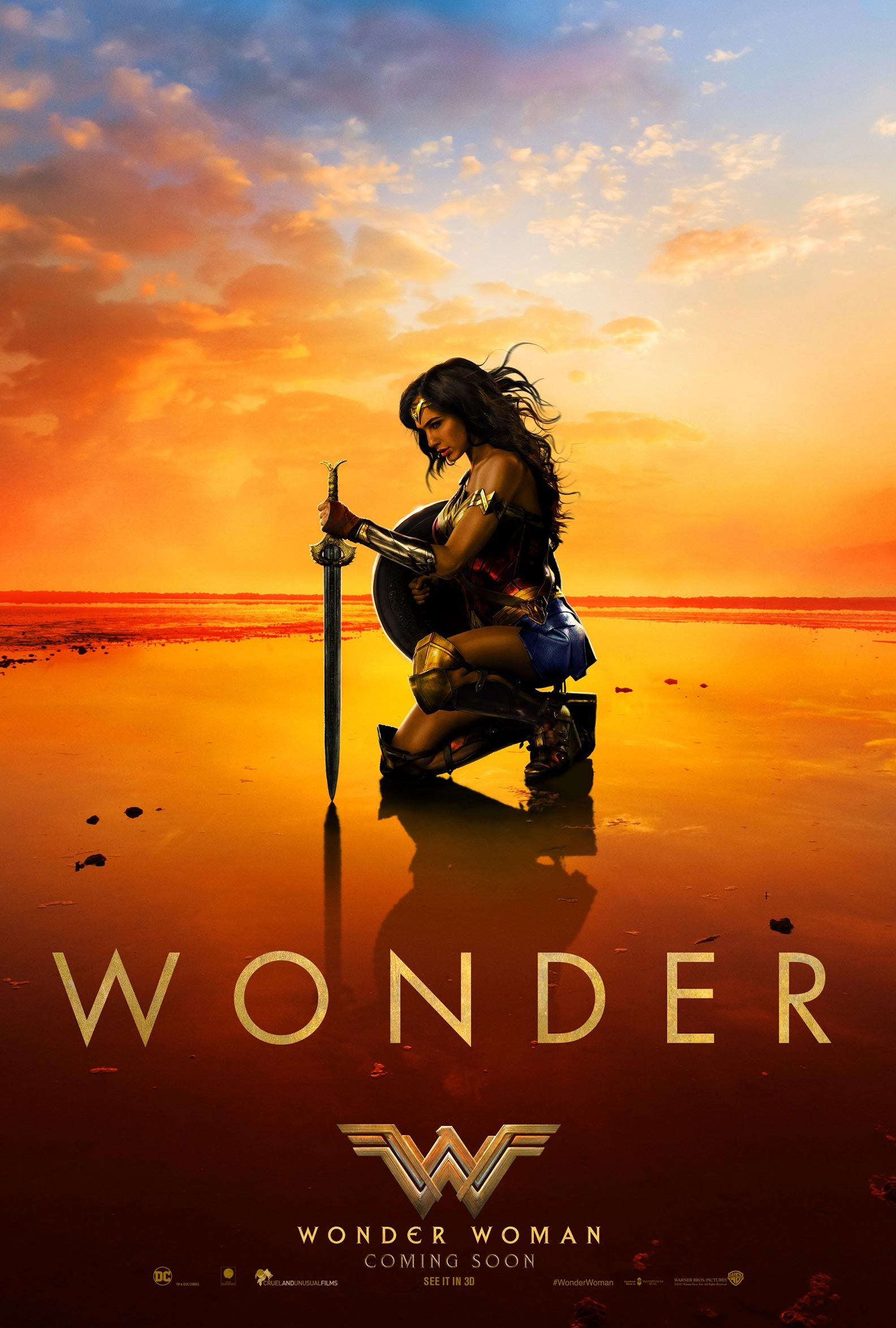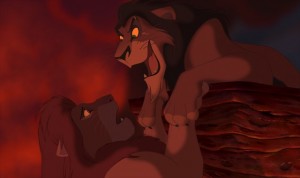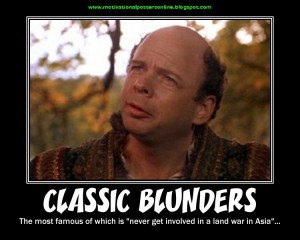 DC Comics hasn’t had much luck with movies lately. They’ve been striving to catch up with Marvel Comics’ unsurpassed cinematic universe with several films of their own—with mixed results. Then this past weekend Wonder Woman was released. A lot was riding on it. It was the first female-led superhero film in 12 years (and none of the others were successes). It was the first time Wonder Woman was ever on the big screen. DC desperately needed a film to save their “extended universe.”
DC Comics hasn’t had much luck with movies lately. They’ve been striving to catch up with Marvel Comics’ unsurpassed cinematic universe with several films of their own—with mixed results. Then this past weekend Wonder Woman was released. A lot was riding on it. It was the first female-led superhero film in 12 years (and none of the others were successes). It was the first time Wonder Woman was ever on the big screen. DC desperately needed a film to save their “extended universe.”
And it was, well, wonderful.
This blog isn’t a review of the film. What I want to talk about is the first and most important reason why I think this film succeeded. It’s something that took DC’s film division four tries to learn, and it’s something you as a writer can benefit from knowing.
Get your characters right.
One of the major problems the DCEU films have had is they’ve tried so hard to reimagine and/or “modernize” their already iconic characters that they’ve almost ceased to be those characters. Superman is brooding and doubtful. Batman is paranoid and murderous. And don’t even get me started on the Joker.
Here, though, DC doesn’t screw around. They present Wonder Woman—a character I’m sure they were too scared for years to put on screen—as she should be: earnest, inspirational, and above all, compassionate. I’ve not read many Wonder Woman comics (though I suddenly want to read more now), but I’ve always thought that she was written best when she was written as I just described. Yes, she is an Amazon warrior. Her strength rivals Superman’s and her fighting prowess probably exceeds Batman’s. But hers is a distinctly feminine strength. Her drive to fight comes from a desire to comfort and protect. In the film, she witnesses the horrors of war, seeing wounded soldiers and civilians, and without speaking a word, the audience knows her heart is breaking. She’s naïve, but she’s not brooding, doubtful, or murderous. It’s a welcome change from what DC’s been doing with their films.
Along the same lines, this film isn’t steeped in feminist propaganda. By that I mean making all the men in the film worthless idiots (like what was done in last year’s horrid Ghostbusters remake). Wonder Woman is determined to forge ahead and make her own way, but she gladly seeks and accepts help from men. The male characters, especially Steve Trevor (Chris Pine), are all strong, competent, and well-written characters. Wonder Woman even (gasp!) falls in love with one of them and (SPOILER WARNING) renews her faith in humanity because Trevor told her he loved her before dying heroically. In other words, Wonder Woman saw the best of mankind thanks to men.
Let this be a lesson to you, writers: believe in your characters and let them be true to themselves. Don’t let culture or trends dictate how you write them. That’s a one-way ticket to cookie-cutter clichés. Write the characters you want to write. Make them unique. Make them your own. What audiences want isn’t always what they need, or even what they want in the long run. That’s why you need to let your characters be true to themselves, and by extension, you remain true to yourself as an artist and storyteller.
What did you think of Wonder Woman? What are some ways you’ve learned on how to write your characters right?


